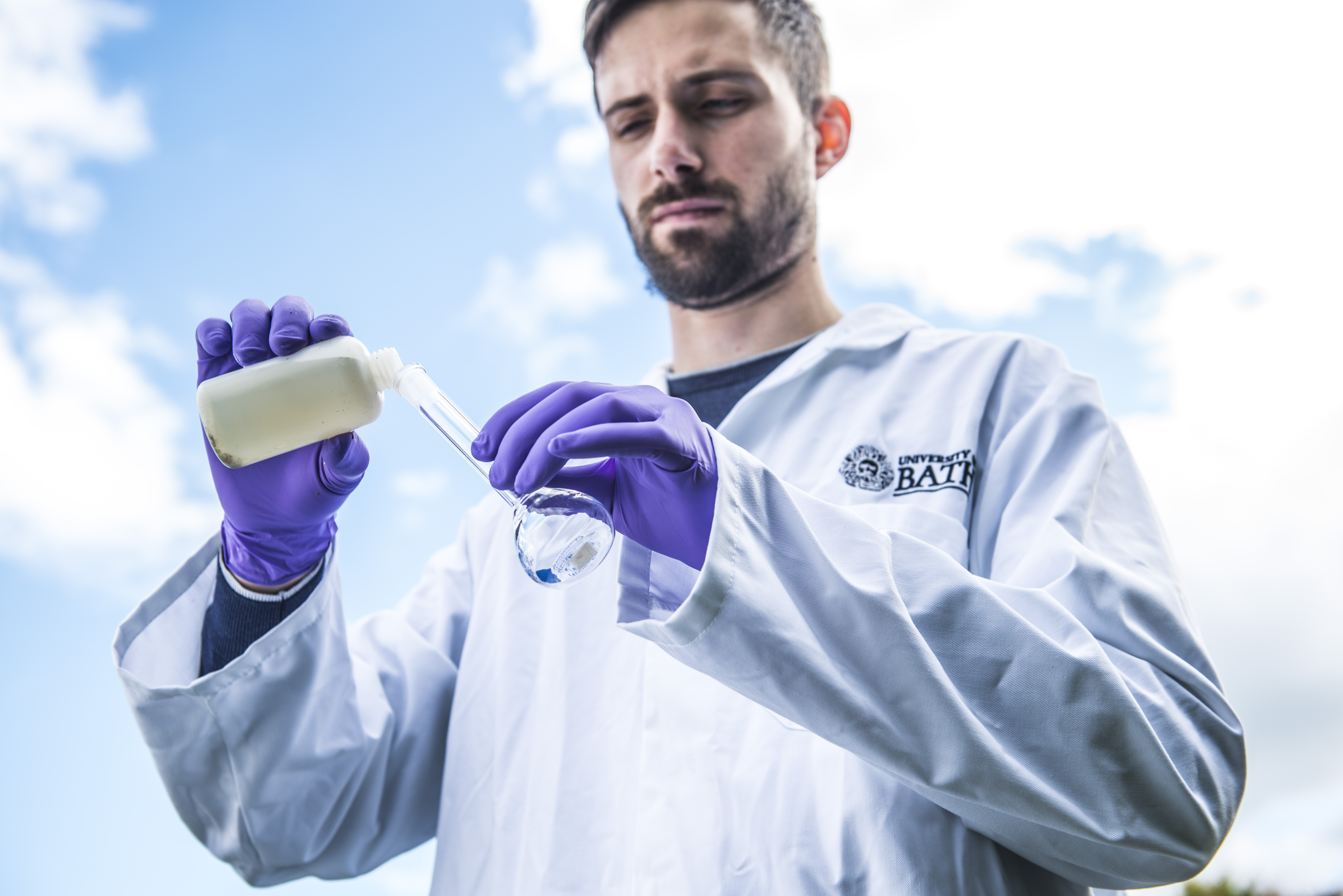Training will be delivered via student-stakeholder co-creation of Real-Time Digital Water-Based Systems focused around
4 UK Living Labs utilizing new and existing long-term data and partnerships:
(1) Cam/Wellow Living Lab in England
(2) Conwy Living Lab in Wales
(3) Taff/Ely Living Lab in Wales
(4) Exe/Tamar/Dart in England
Red-ALERT will also connect with Global Living Labs through established collaborations to enable translation of knowledge we generate in Red-ALERT to the global stage: (1) The Eerste River (South Africa), (2) The Arrone River (Italy), (3) Central Kalimantan (Borneo).
Red-ALERT training is structured around 5 themes:
Theme 1: Water Fingerprinting with cutting-edge omics technology and EcoTox tools for integrated environmental exposure assessment for people and ecosystems.
Theme 2: Environmental Sensor development for low-cost, real-time water analysis, coupled with IoW frameworks to provide direct and transparent data access from distributed sensors as autonomous real-time systems.
Theme 3: One Health Modelling to facilitate the transformation of ’big data’ into fit-for-purpose tools for environmental and public health decision makers.
Theme 4: Ecosystem Services & Socioecological Systems to enable linkages between human and ecological systems.
Theme 5: Co-creation of One Health field systems with stakeholders for rapid technology adoption.
Our 5 themes span 4 cross-cutting areas: molecules, genes, organisms and ecosystems and 3 key skills areas (a) modelling and handling of large data sets for environmental system analysis and linkage with ecosystem function and services at a variety of temporal / spatial scales; (b) environmental legislation and water policy; (c) fieldwork and data acquisition.
Red-ALERT will have academic-partner Co-creation Project Hubs that will run annually. A minimum of 3 students will start (with complementary, challenge led projects) at each UK Living Lab every year, helping to create a truly integrated programme. Project Hubs will operate within and across the 4 UK Living Labs and link with our Global Living Labs. Key functions of the Hubs are to: (1) set the scene for multidisciplinary challenges, (2) establish key research questions, (3) build interdisciplinary teams, (4) design individual, independent but complementary PhD projects, (5) enable interdisciplinary flow of ideas/ output to deliver the best outcomes for our research, integrated training programme and ultimately impact.
